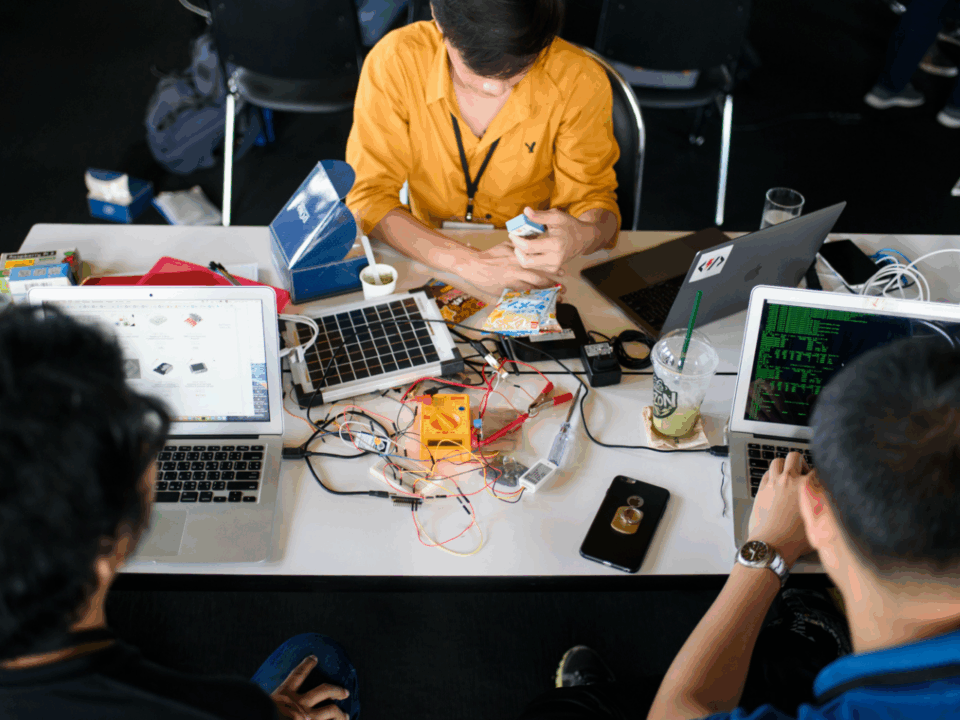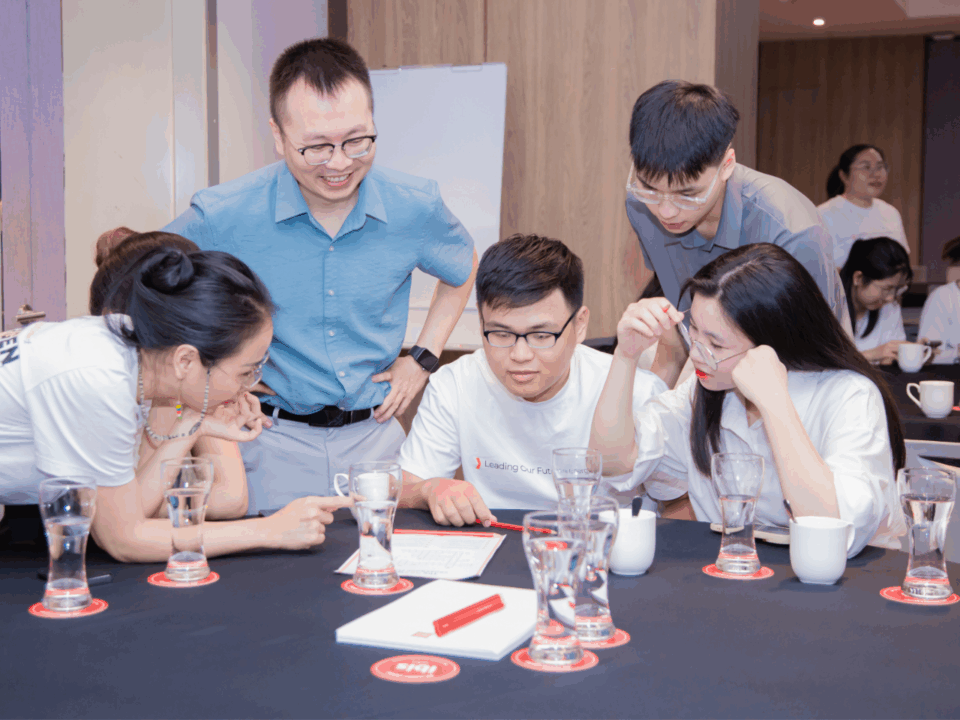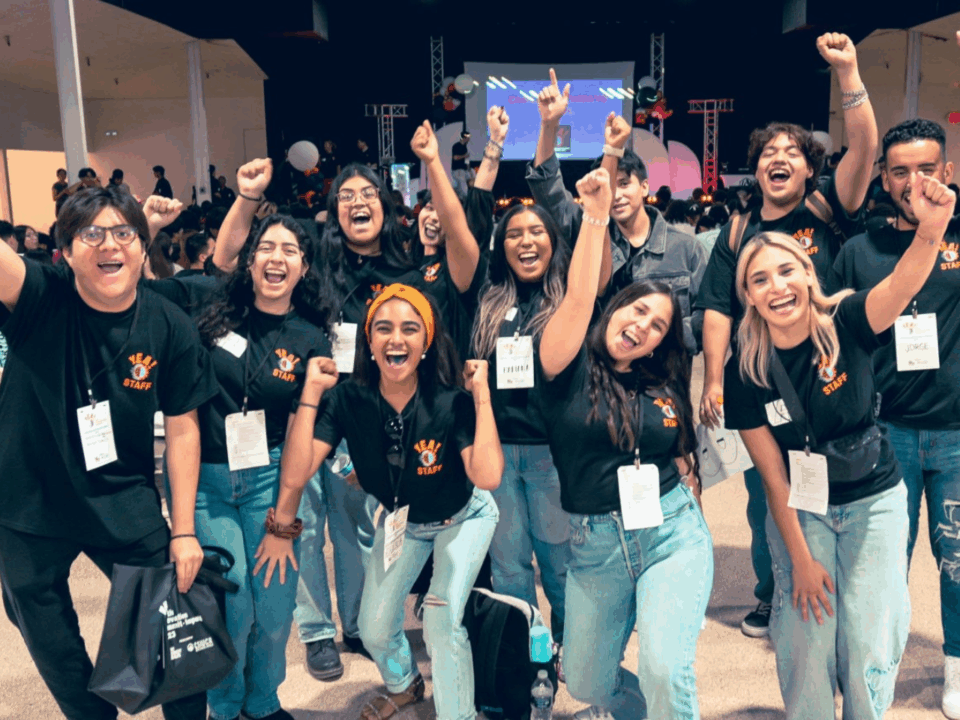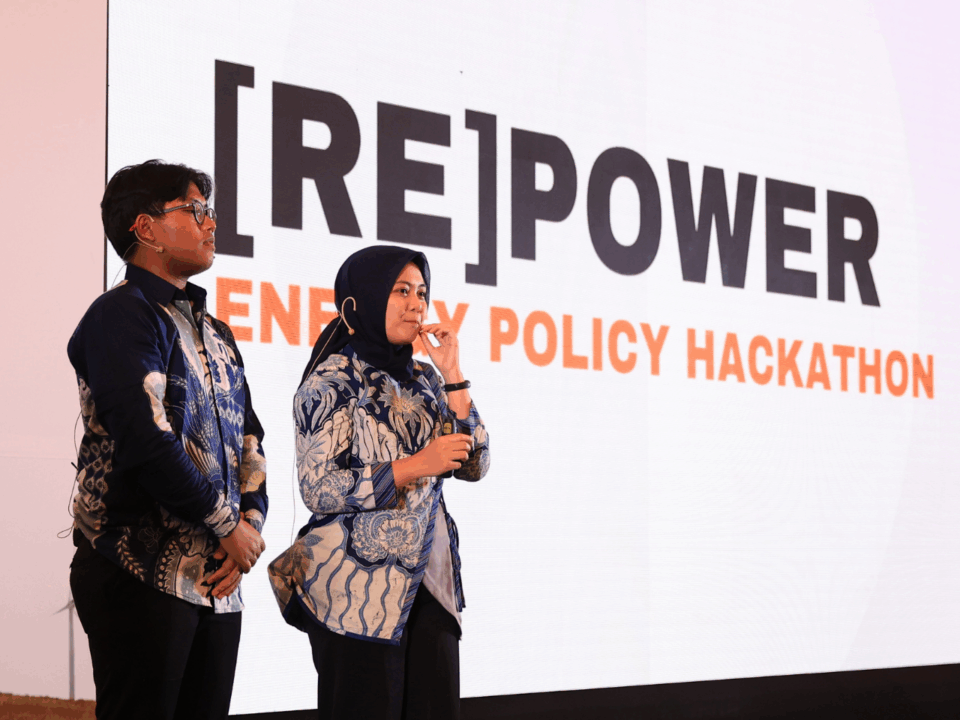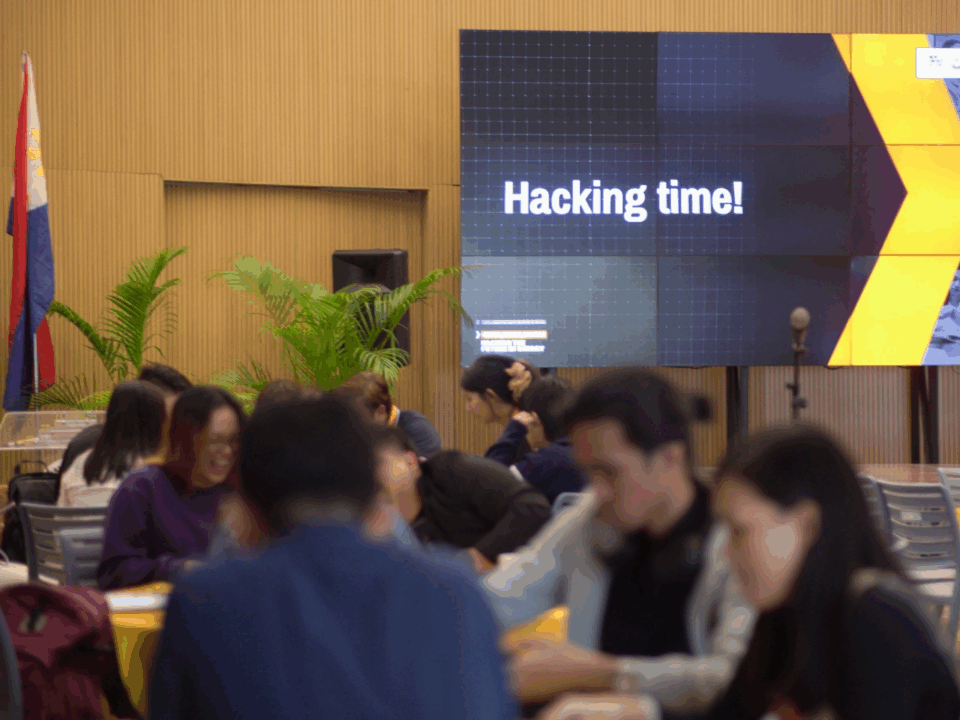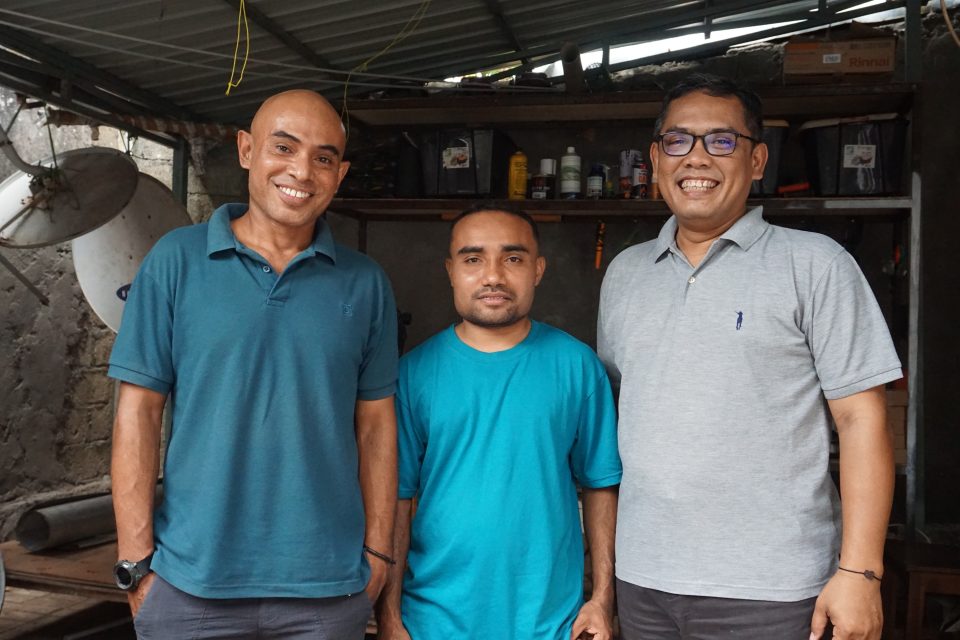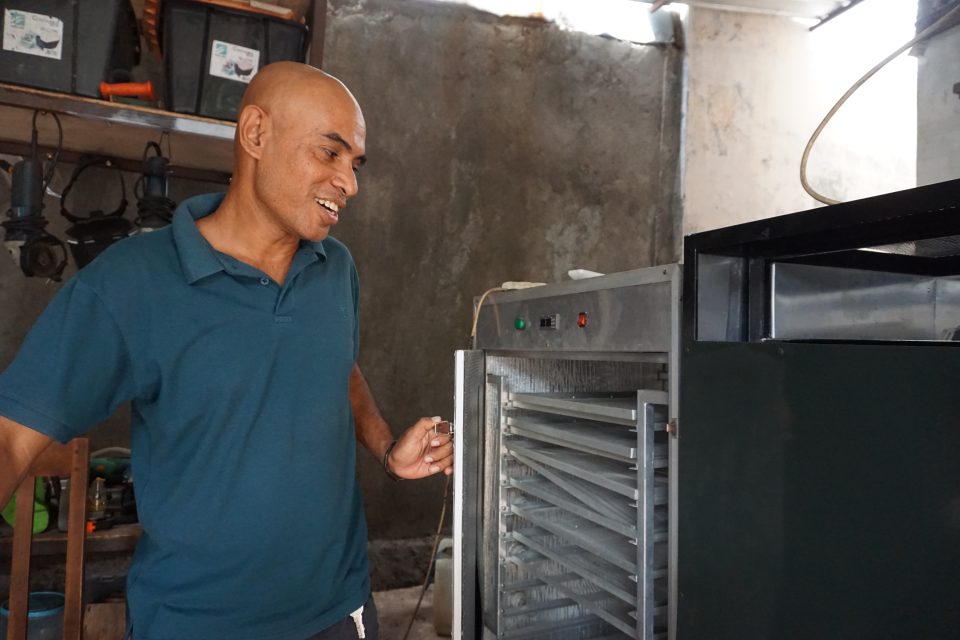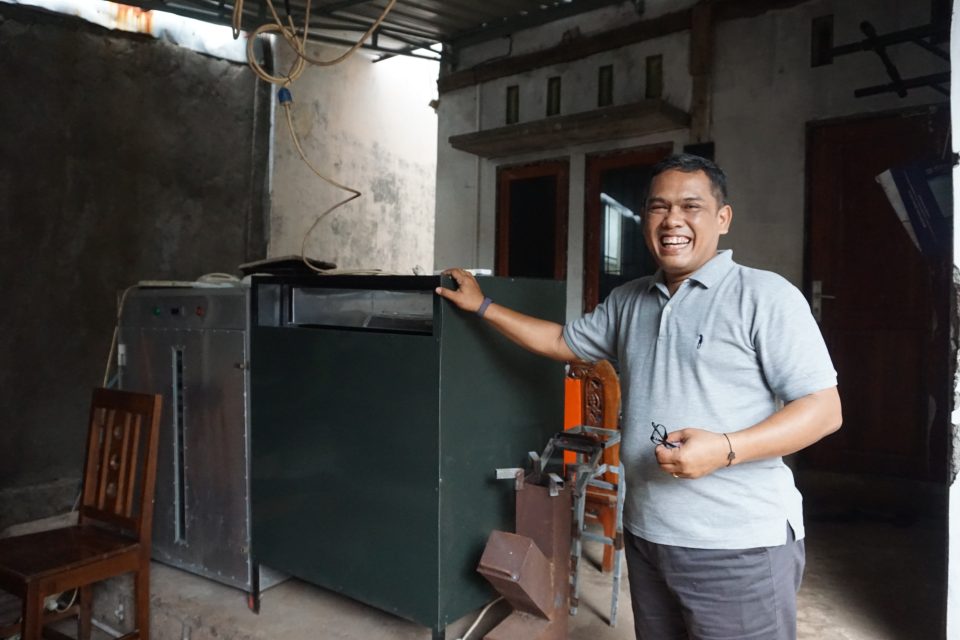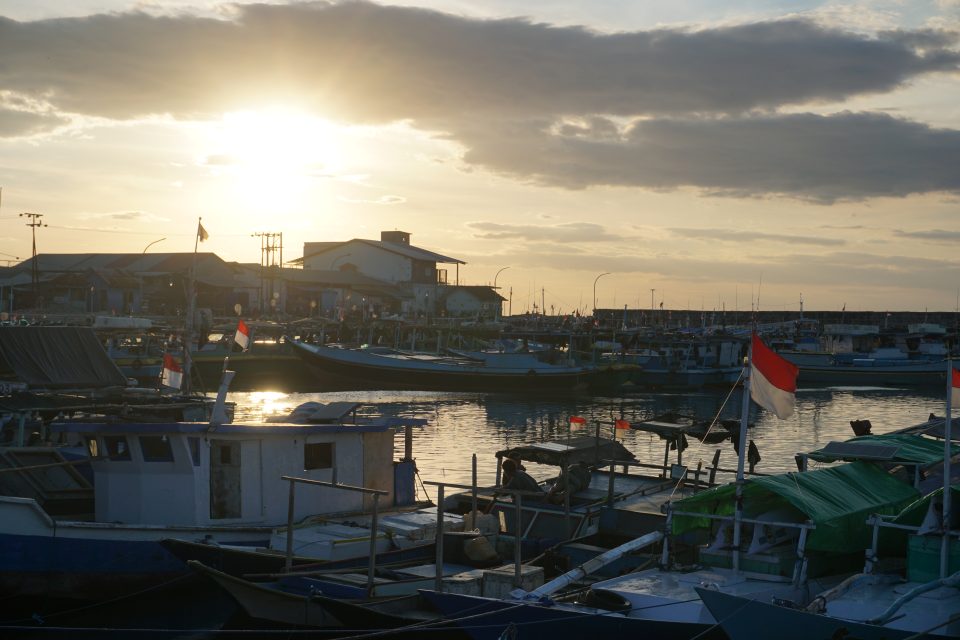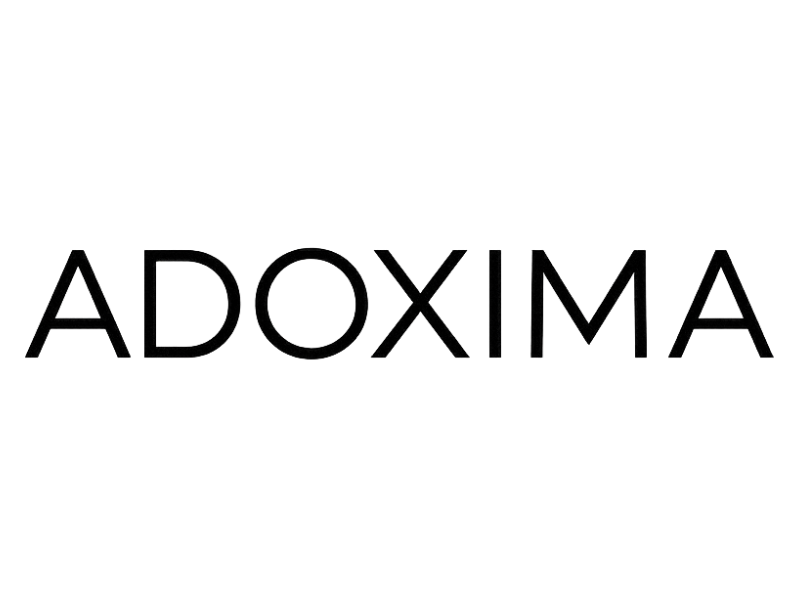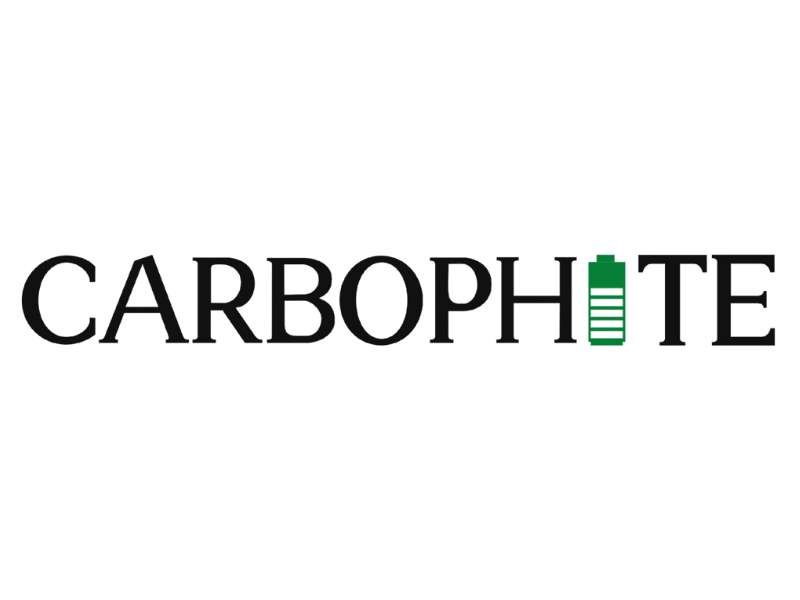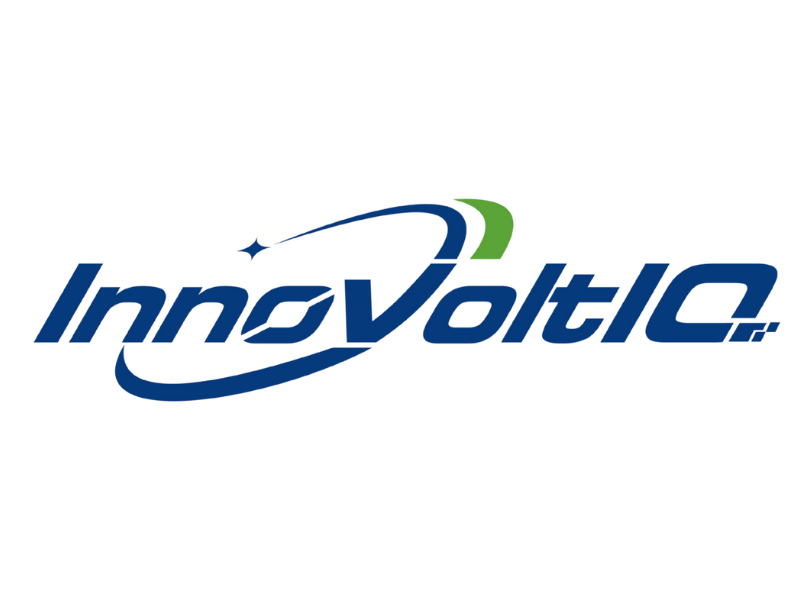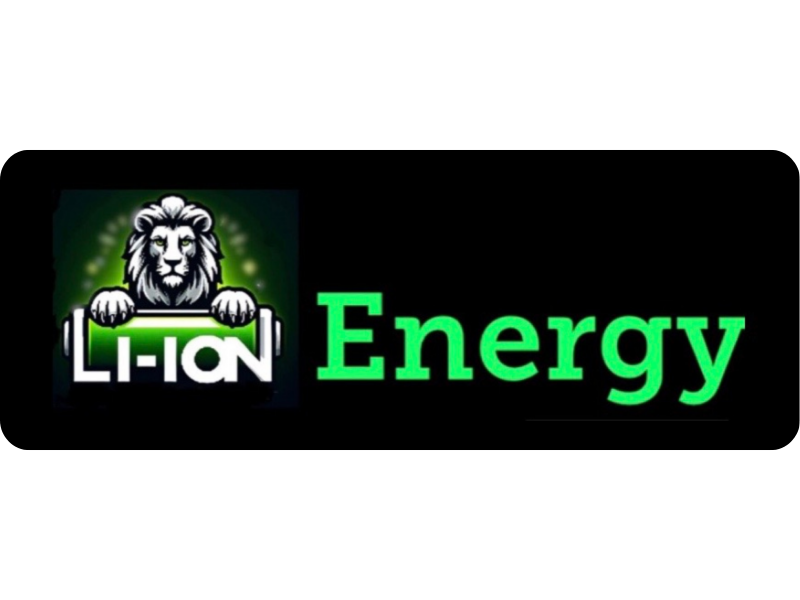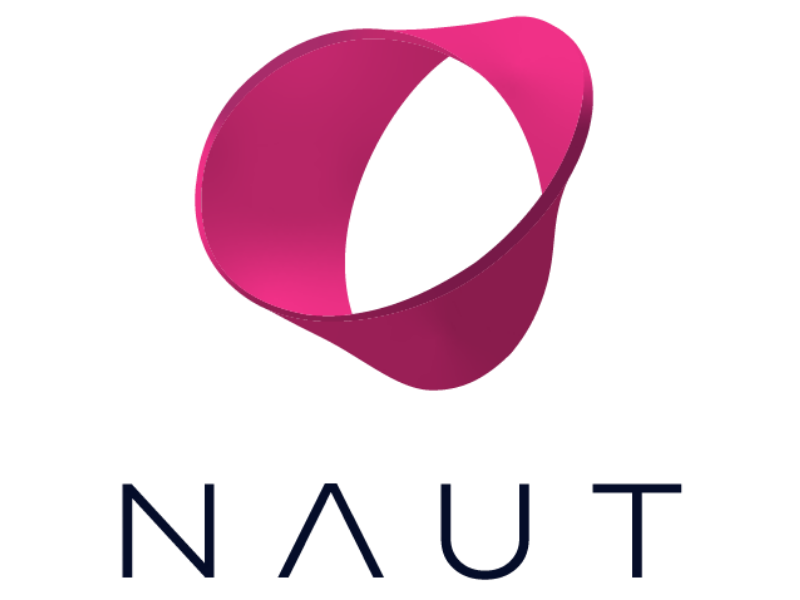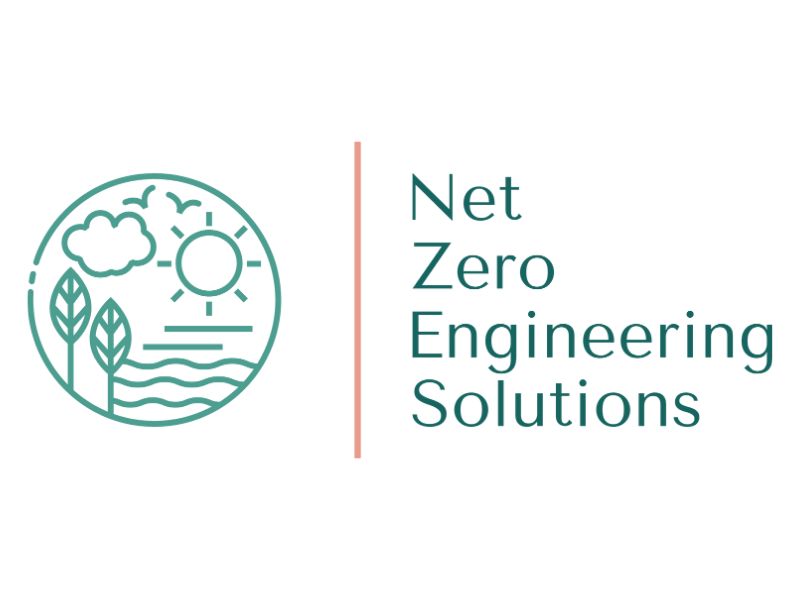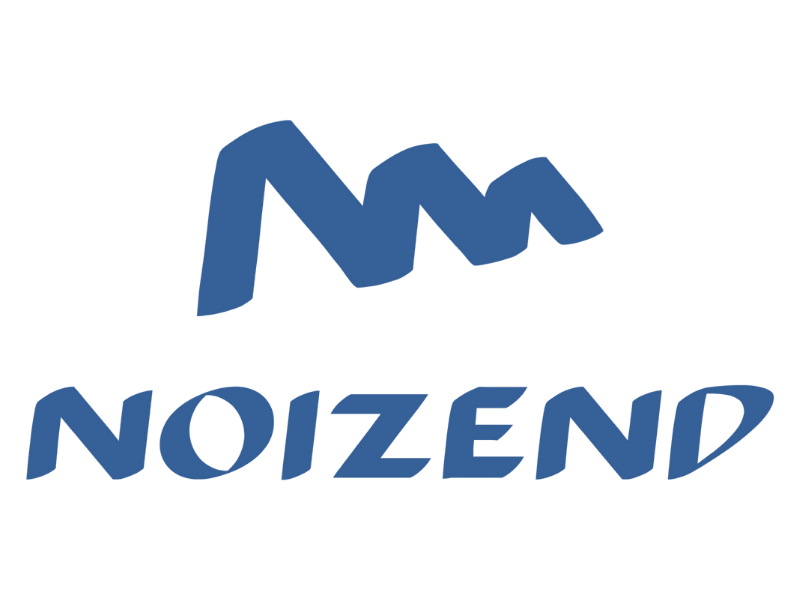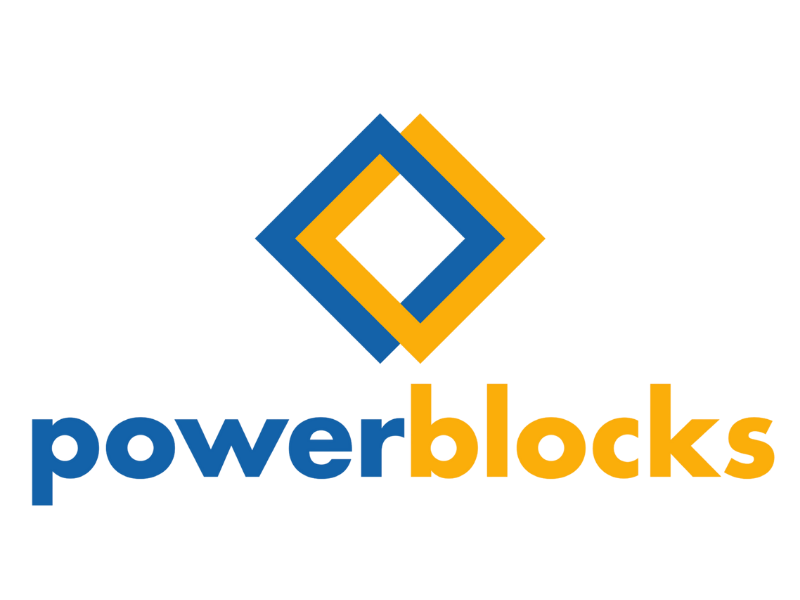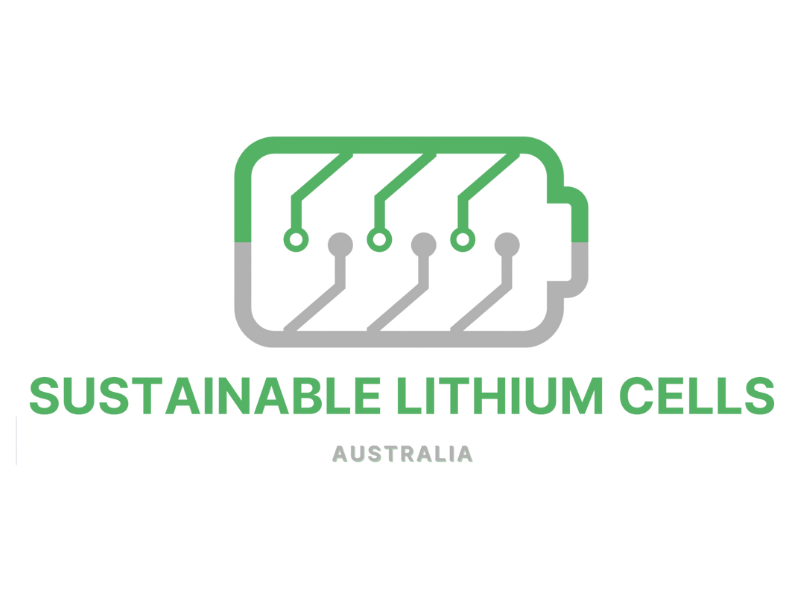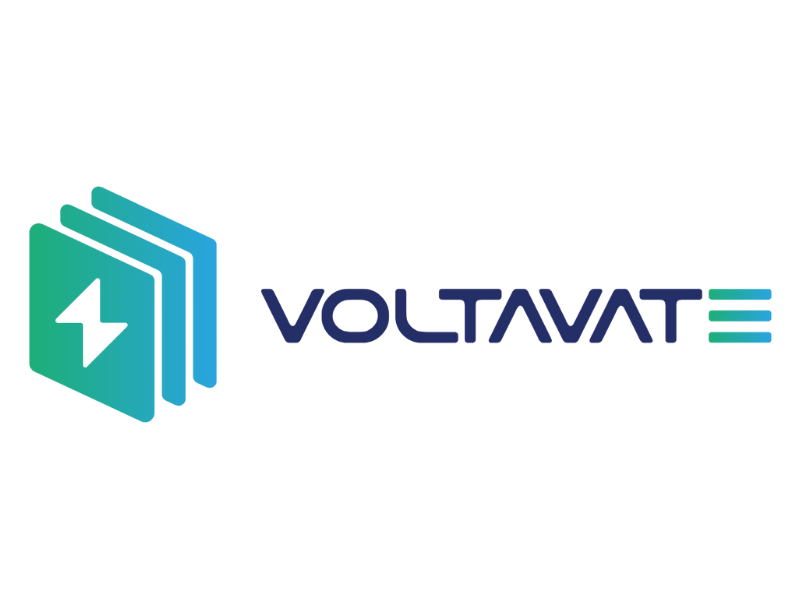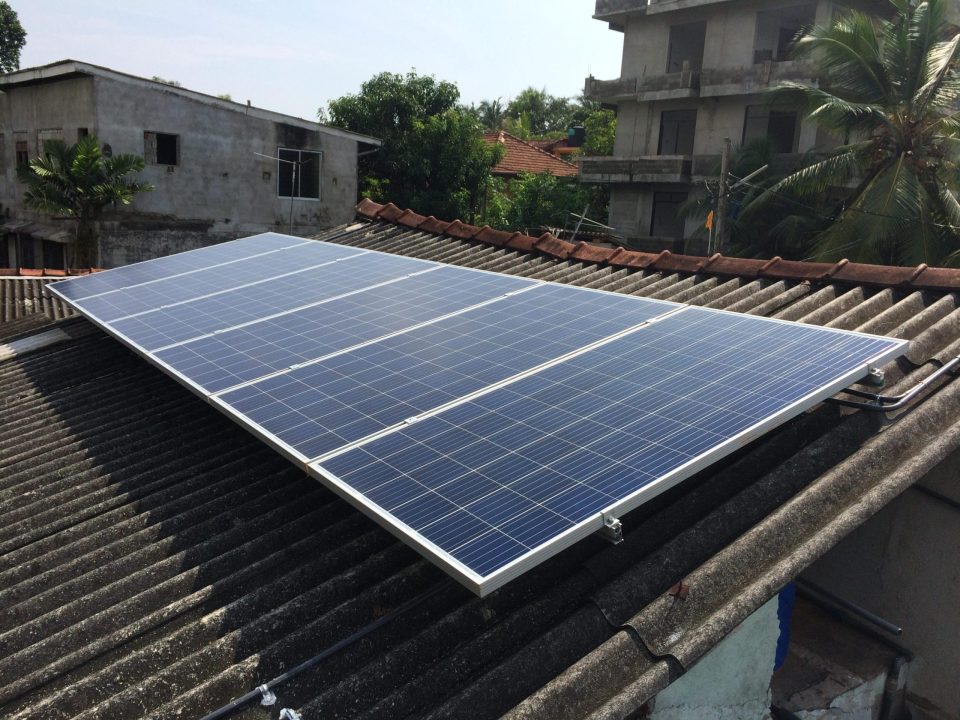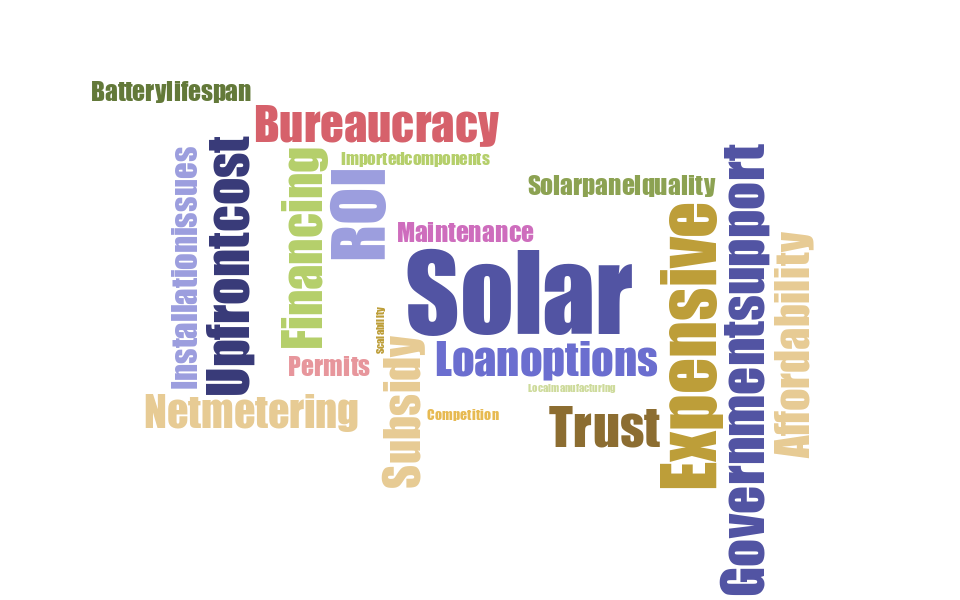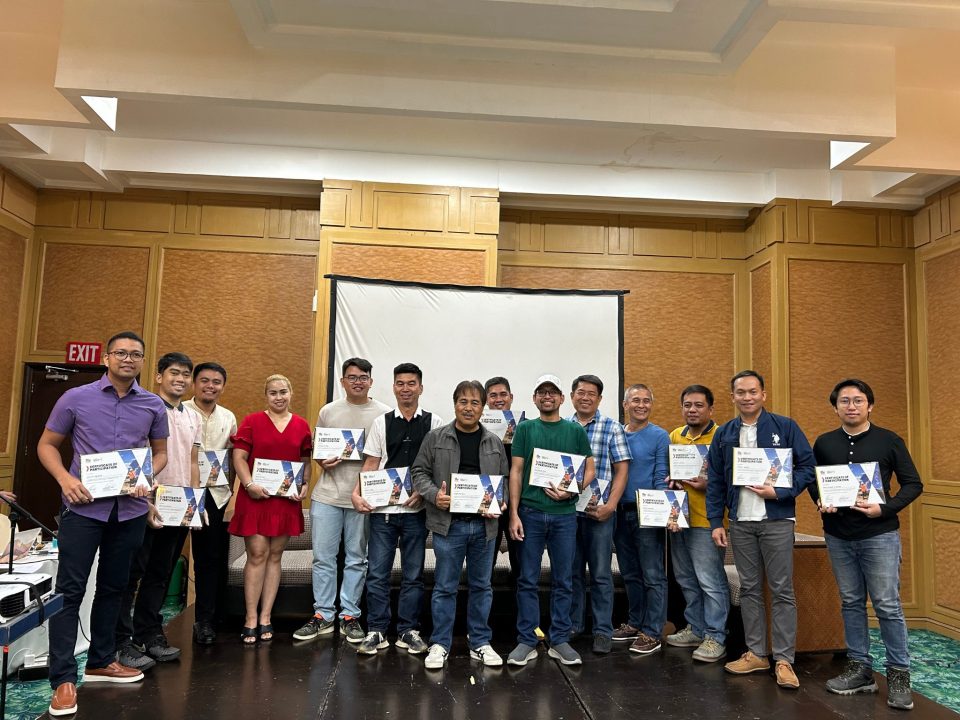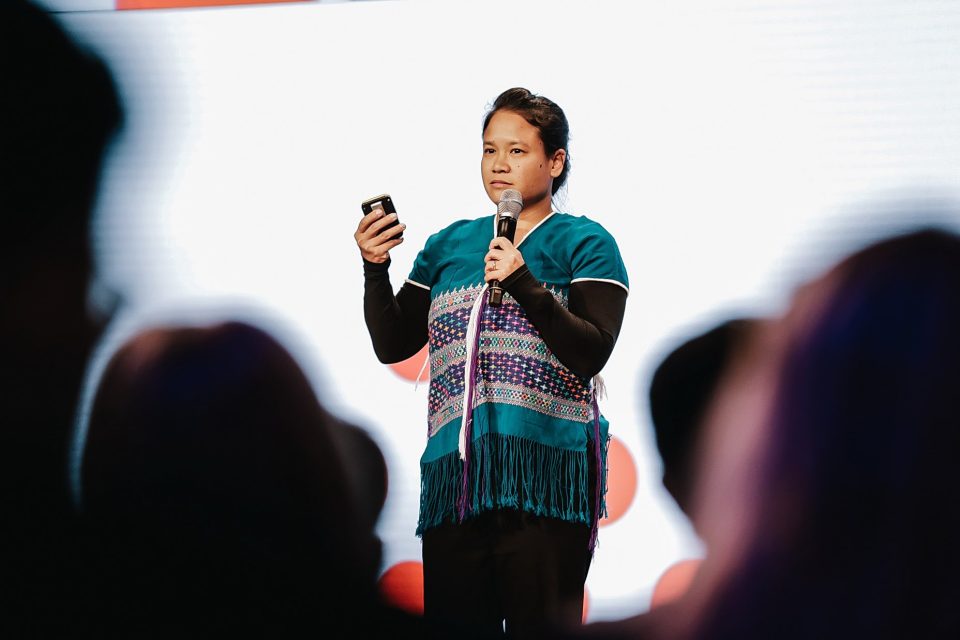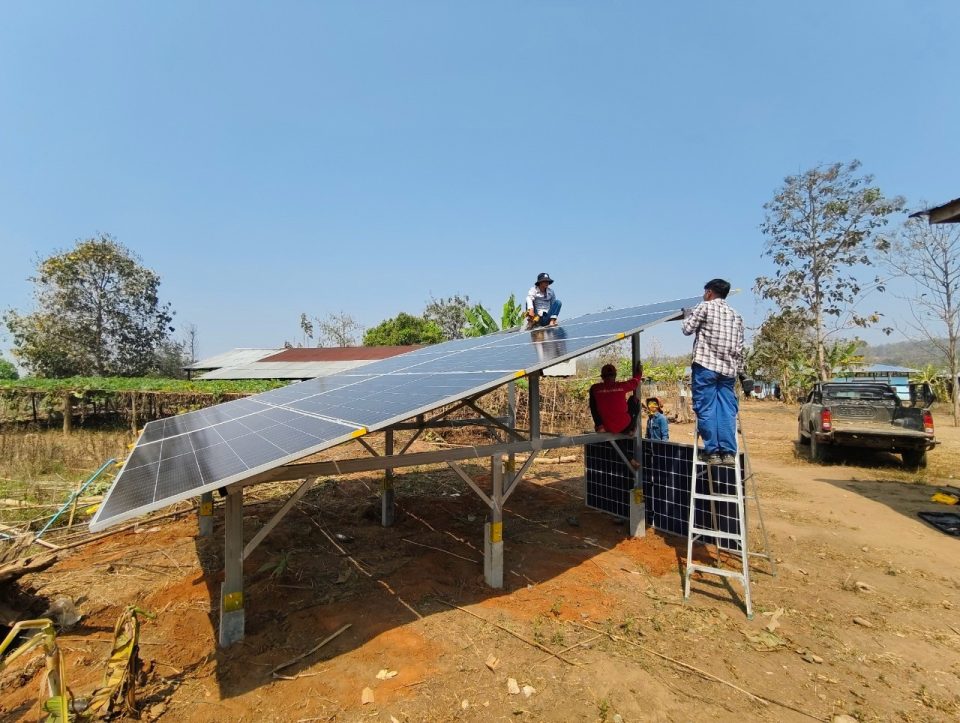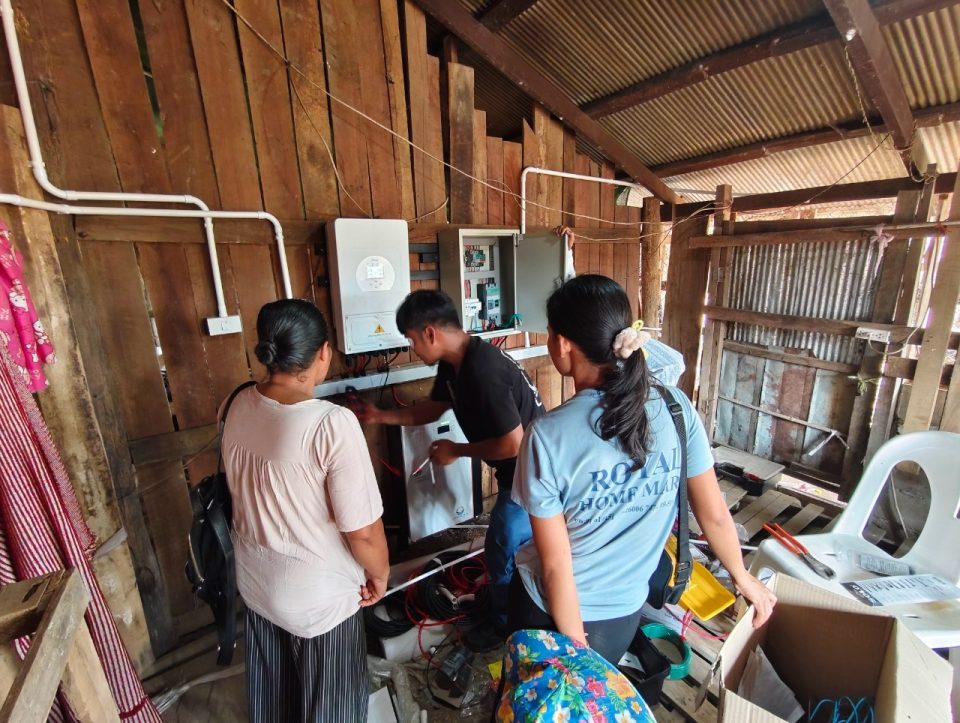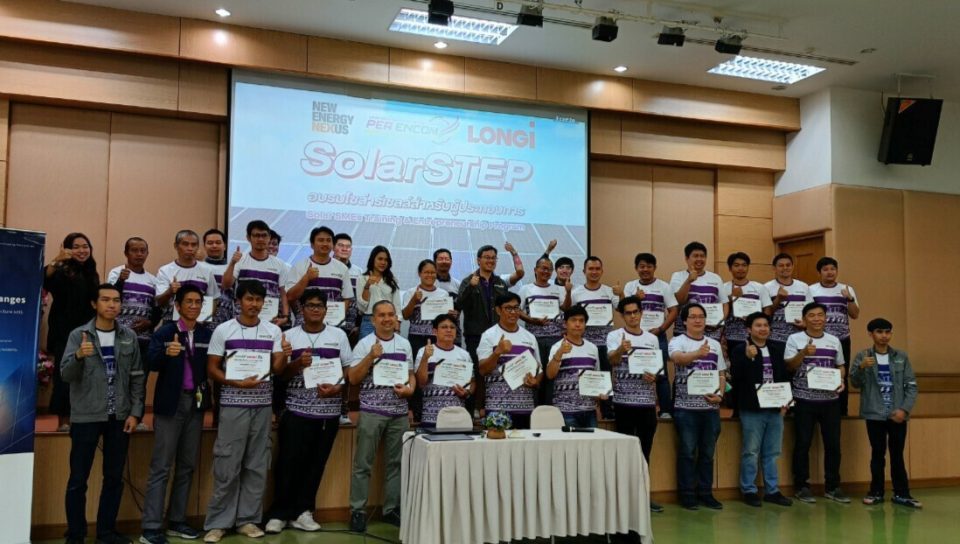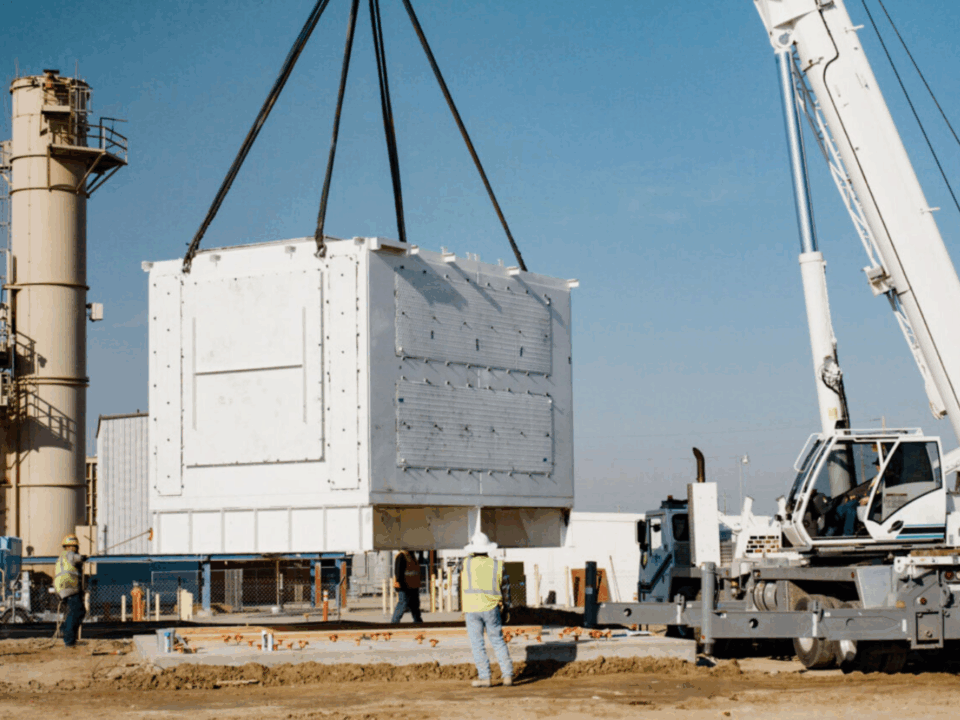
Antora thermal battery on a crane.
Antora Energy is no longer a startup to watch; it’s a force to be reckoned with in the race to onshore American manufacturing and decarbonize industry. But before it raised $150 million in Series B funding, partnered with industrial giants, or landed on the pages of Fast Company and The Wall Street Journal, Antora was an early-stage startup facing a very familiar challenge: proving that the tech worked.
Back in 2019, that’s where CalSEED stepped in.
The Innovation: Turning Heat into Electricity
Antora’s core innovation is a thermal battery system that stores renewable energy as heat in inexpensive, earth-abundant materials. While Antora’s first product outputs that energy as industrial heat to drive manufacturing processes, its second product will also convert that heat back into electricity using thermophotovoltaic (TPV) cells. These cells function like solar cells designed to capture the wavelengths of light from Antora’s glowing-hot carbon blocks inside the battery.
This approach unlocks cost-effective, long-duration energy storage—the solution California and other clean energy leaders need to power the industry and ensure grid reliability as they deploy more intermittent energy resources, such as wind and solar.
But when Antora applied to CalSEED, the concept was still early. The company needed to prove that its TPV cells could reliably deliver electricity at the required efficiency, durability, and scale.
The Support: What CalSEED Made Possible
With support from the CalSEED Concept and Prototype awards, Antora conducted critical engineering validation and reliability testing of its TPV technology.
Throughout the grant in 2019, Antora:
- Characterized over 100 TPV cells, measuring reflectance, electrical performance, and power density
- Tested complete module prototypes at 1500°C conditions to simulate real-world battery operation
- Ran thousands of hours of reliability tests, de-risking failure modes, and validating lifespans
- Improved design and manufacturing processes, incorporating feedback from stress tests and failure analysis
This work helped establish that Antora’s TPV technology could convert heat to electricity at efficiencies of 40%+ and operate under extreme conditions with minimal degradation. More importantly, it laid the foundation for scaling production and building investor confidence.
“The work of this project, including the thousands of hours of reliability that have already been demonstrated, has greatly de-risked the commercial viability of TPV in long-duration energy storage.”
— Antora Energy, CalSEED Final Report
The Results: Rapid Growth and Real-World Impact
Since completing the CalSEED project, Antora has:
- Grown to over 200 employees
- Raised a $150 million Series B in 2024 from investors including Decarbonization Partners (BlackRock & Temasek)
- Opened a U.S. thermal battery factory in San Jose, CA, and launched the world’s first dedicated manufacturing line for TPV cells
- Secured multiple grants from the U.S. Department of Energy, including a recent $14.5M ARPA-E award
The company’s technology is now seen as a leader in powering industry with clean, low-cost energy. Antora’s batteries can keep industry running 24/7, even during extreme heatwaves and wildfire shutdowns.
Why It Matters: A Clear Path to Grid Decarbonization
Thermal energy storage, like Antora’s, could save California $1.5 billion annually, improve grid reliability, and reduce 25 million metric tons of CO₂ annually. That’s equivalent to taking nearly 6 million cars off the road. [Source]
And it all started with a prototype.
Antora’s success is a textbook example of how CalSEED helps bridge the “valley of death” for climate tech startups—de-risking early innovations, validating performance, and clearing the path from lab to market.
From Concept to Commercialization with CalSEED’s Spark
Every major clean energy company was once a concept seeking support. Antora’s journey demonstrates that targeted, early-stage funding and validation programs, such as CalSEED and CalTestBed, make the difference between promising ideas and scalable solutions.
Antora is now powering toward a clean future, and CalSEED helped light the way.
CalSEED Story: Antora
This story was originally posted by CalSEED.fund, our program in California.
